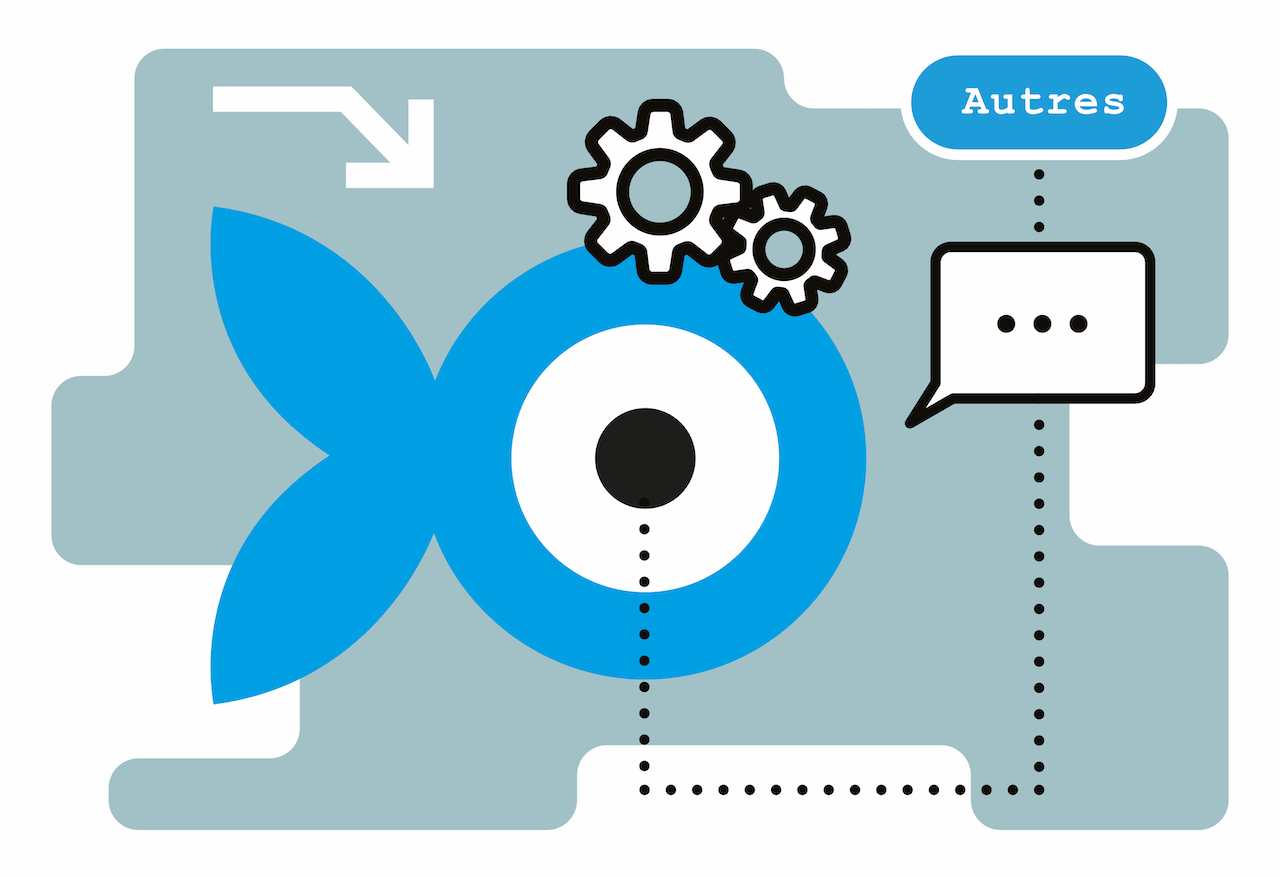Fiche du document
- 20.500.11794/38734
- 0099-2240
- doi: 10.1128/AEM.01365-14
- 25192988
http://purl.org/coar/access_right/c_16ec
Sujets proches
E. coli (Bacterium) Phages BacteriophageCiter ce document
Denise Tremblay et al., « A new Microviridae phage isolated from a failed biotechnological process driven by Escherichia coli », CorpusUL, l'archive ouverte de l'université Laval, ID : 10.1128/AEM.01365-14
Métriques
Partage / Export
Résumé
Bacteriophages are present in every environment that supports bacterial growth, including manmade ecological niches. Virulent phages may even slow or, in more severe cases, interrupt bioprocesses driven by bacteria. Escherichia coli is one of the most widely used bacteria for large-scale bioprocesses; however, literature describing phage-host interactions in this industrial context is sparse. Here, we describe phage MED1 isolated from a failed industrial process. Phage MED1 (Microviridae family, with a single-stranded DNA [ssDNA] genome) is highly similar to the archetypal phage phiX174, sharing >95% identity between their genomic sequences. Whole-genome phylogenetic analysis of 52 microvirus genomes from public databases revealed three genotypes (alpha3, G4, and phiX174). Phage MED1 belongs to the phiX174 group. We analyzed the distribution of single nucleotide variants in MED1 and 18 other phiX174-like genomes and found that there are more missense mutations in genes G, B, and E than in the other genes of these genomes. Gene G encodes the spike protein, involved in host attachment. The evolution of this protein likely results from the selective pressure on phages to rapidly adapt to the molecular diversity found at the surface of their hosts.
